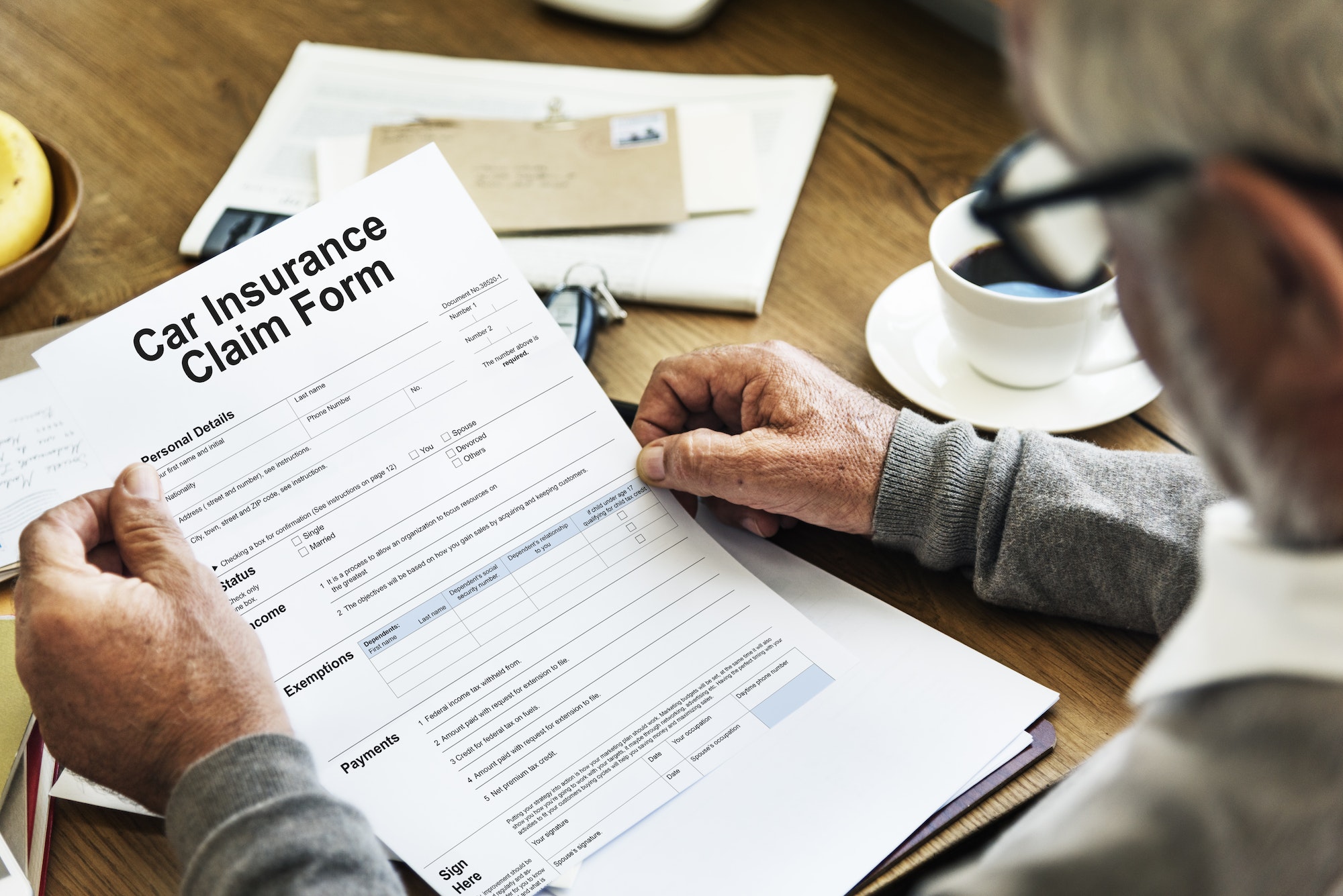Have you ever been involved in an accident with an underinsured driver? Navigating the aftermath can be complex and frustrating. When the at-fault party lacks sufficient coverage to compensate you fully, you may need to file an underinsured motorist claim with your insurance company. This process involves several crucial steps and considerations to ensure you receive fair compensation for your losses. In this article, you’ll learn the key steps and best practices for successfully managing an Underinsured Motorist Claim.
Determining If You Have a Valid Underinsured Motorist Claim
Assessing the Accident Circumstances
Before filing an underinsured motorist claim, evaluating the specifics of your accident is crucial. First, confirm that the at-fault driver’s insurance coverage is insufficient to cover your damages. This typically occurs when your medical bills, lost wages, and other expenses exceed the liable party’s policy limits.
Reviewing Your Insurance Policy
Carefully examine your auto insurance policy to verify your underinsured motorist coverage. This protection is optional in many states, so confirming its inclusion is essential. Take note of your coverage limits and any specific requirements or exclusions outlined in your policy.
Documenting Your Damages
To strengthen your claim, thoroughly document all accident-related expenses and losses. This includes medical bills, repair estimates, lost income, and other costs resulting from the incident. Collect police reports, witness statements, and photographs of the accident scene if available.
Gathering Evidence to Support Your Claim
Document the Accident Scene
When filing an underinsured motorist claim, thorough documentation is crucial. Immediately after the accident, if you’re able, take photos of the scene, including vehicle damage, road conditions, and any visible injuries. Collect contact information from witnesses and obtain a copy of the police report. These details will serve as valuable evidence to support your claim.
Compile Medical Records and Bills
Keep meticulous records of all medical treatments related to the accident. This includes doctor visits, hospital stays, prescriptions, and therapy sessions. Gather all medical bills, receipts, and insurance statements.
Track Lost Wages and Other Expenses
If your injuries have caused you to miss work, document your lost wages. Request a letter from your employer stating your normal work hours and pay rate. Additionally, keep receipts for any out-of-pocket expenses related to the accident, such as transportation costs for medical appointments or necessary home modifications.
Consult with Experts
Consider enlisting the help of professionals to strengthen your claim. An accident reconstruction expert can provide a detailed analysis of how the crash occurred. Medical experts can testify about the long-term effects of your injuries. These expert opinions can be invaluable in substantiating your claim and ensuring you receive fair compensation.
Notifying Your Insurance Company and Filing the Claim
Contact Your Insurer Promptly
After an accident involving an underinsured motorist, you must notify your insurance company as soon as possible. Most policies have specific time limits for filing claims, so don’t delay. Contact your insurer’s claims department directly, providing them with all relevant details about the accident, including the date, time, location, and parties involved.
Gather and Submit Required Documentation
You’ll need to compile and submit various documents to support your claim. These typically include:
- Police report from the accident
- Medical records and bills related to your injuries
- Proof of lost wages, if applicable
- Photographs of the accident scene and vehicle damage
- Contact information for witnesses
Follow Your Insurer’s Specific Procedures
Each insurance company has its process for handling claims from underinsured motorists. Follow your insurer’s guidelines carefully, which may involve:
- Filling out specific claim forms
- Providing recorded statements
- Attending medical examinations with approved physicians
Negotiating a Settlement With the Underinsured Driver’s Insurance
Initial Communication
When negotiating a settlement with an underinsured driver’s insurance company, your first step is establishing clear communication lines. Contact the insurer promptly after the accident, providing all necessary documentation, including police reports, medical records, and evidence of damages. Be prepared to articulate your case clearly and concisely, emphasizing the extent of your injuries and losses.
Evaluating the Offer
Once the insurance company presents an initial offer, review it against your total damages. Remember, their first proposal is often lower than what you may be entitled to receive. Consider consulting with an attorney to help assess whether the offer adequately covers your medical expenses, lost wages, and pain and suffering.
Counteroffer and Negotiation
If the initial offer is insufficient, prepare a well-reasoned counteroffer. Clearly outline why you believe you’re entitled to more compensation, supporting your argument with concrete evidence. Be prepared for back-and-forth negotiations, remaining firm but reasonable throughout the process. Keep detailed records of all communications and offers exchanged.
Final Thoughts
Filing an underinsured motorist claim involves several critical steps to protect your interests and secure fair compensation. You can strengthen your position by promptly notifying your insurer, gathering thorough documentation, and carefully navigating negotiations. Remember that time limits may apply, so acting quickly is essential. With diligence and persistence, you can work towards a resolution that addresses your damages and helps you move forward after an accident with an underinsured driver.
Keep an eye for more latest news & updates on Essential Tribune!








